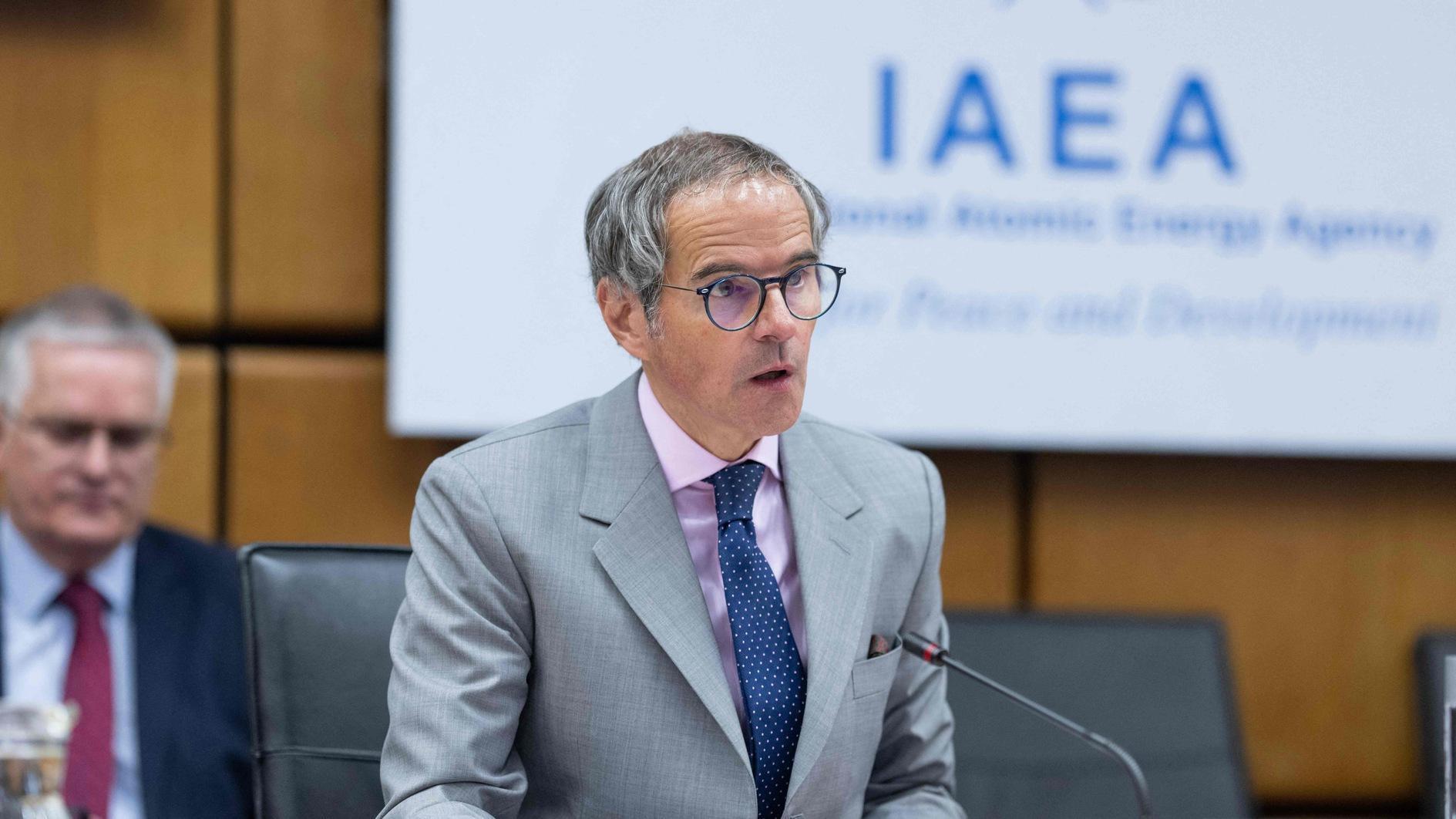An Islamic apology to Armenians
On April 24, the day that Armenians all around the world remember their Great Catastrophe – or their ethnic cleansing from Anatolia in 1915 – a very interesting piece appeared in Turkish daily Star. Its writer was Hakan Albayrak, a committed Muslim, even an “Islamist,” and a veteran of the Gaza Flotilla of 2010. And his headline was simple and blunt enough: “We have to apologize to the Armenians.”
“Bismillahirrahmanirrahim,” was the opening line of the piece, a customary Islamic motto which means, “In the name of Allah, the compassionate, the merciful.” Then Albayrak, with my translation, wrote the following:
“Today is April 24. The day of mourning for our Armenian compatriots. The day they remember the cruelty of 1915.
We should share their pain, without asking, ‘Do they share ours?’ Everybody is responsible for his own humanity.
We cannot make excuses for the violent murders of thousands, tens of thousands, or hundreds of thousands of Armenians by Muslims. We should not see this as excusable. It would not be fair for the umma [faith community] of the Prophet of Mercy [Muhammad].
This is a shameful page in history. I wish we could tear it apart. We cannot tear it apart, but we can perhaps put a note under it: ‘The grandsons of the people who committed those unspeakable crimes against the Armenians apologized and refused to honor their past.’”
In the rest of his piece, Hakan Albayrak continued to argue that Turks should apologize to Armenians, rather than launching counterpropaganda campaigns against the “Armenian lobby.” He even argued that the Turkish government needs to pay compensation to the “representatives of the Armenian people.” It could even be paid to the Armenian Republic, “if it accepted to withdraw from the Azeri territories that it occupies.”
The piece created some controversy in Turkey, especially on the Internet, as some sympathized with its content, while other Turks, especially secular nationalists, condemned it as high treason.
For me, all this was a confirmation of what I have argued in these pages: The Islamic camp in Turkey is more inclined than the secular Kemalists to be self-critical on what really happened to Ottoman Armenians during World War I. The expressions of this difference have even led some Kemalists to depict the leaders of the “Islamist” AKP (Justice and Development Party) to be “pro-Armenian” or even “crypto-Armenian.” (See my pieces, “Why Erdoğan is ‘Armenian-minded,’” 11/29/2011, and “Ahmet Davutoğlu: Yet another crypto-Armenian?” 1/8/2010)
The roots of this gap lie in the different paradigms that these two largest camps in Turkish politics refer to: The Kemalists are the sentinels of Turkish nationalism, a secular ideology, which was also the driving force behind the ethnic cleansing of Ottoman Armenians in 1915. The Islamic conservatives, on the other hand, believe in the older paradigm that had allowed the Armenians to co-exist with Turks and Kurds for centuries, in line with Islam’s respect for “the People of the Book.” Their very Islamism, in other words, is what makes them more compassionate to Armenians.
Of course, not every Islamic figure is as bold and progressive on this issue as Hakan Albayrak. Yet still, his piece, and the support it has gathered among the conservatives, is a notable sign for the future. It signals that Turkey’s progress on the “Armenian issue,” just like in the “Kurdish issue,” will be spearheaded by Islamic minds more than secular ones.











